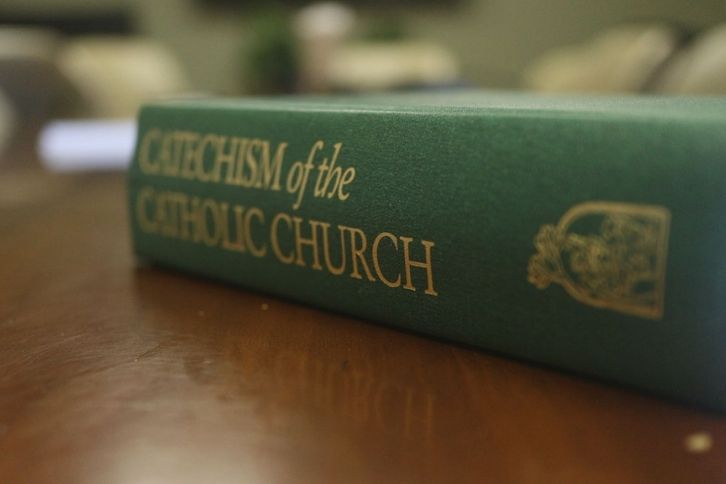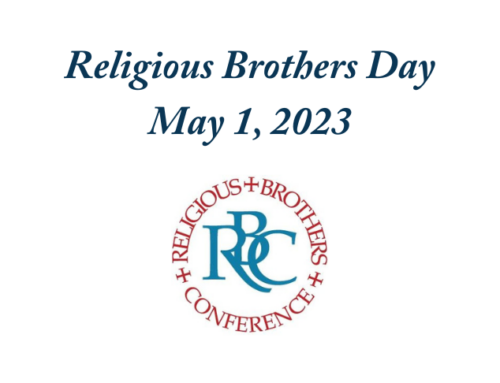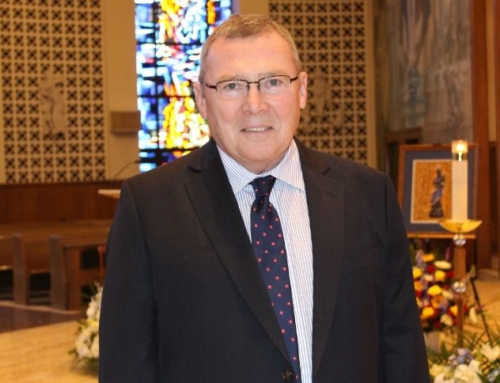On May 11, Pope Francis released an Apostolic Letter motu proprio titled “Antiquum Ministerium.” The letter establishes the lay ministry of catechist, through a rite to be determined by the Congregation of Divine Worship.
The letter begins by reflecting on a New Testament theology of charism, focused especially on 1 Cor 12, where Paul discusses differentiation of roles in the early Christian communities and the varieties of gifts given to the community by the Holy Spirit. From this “broader charismatic tradition of the New Testament,” Francis sees the development of a more stable form of catechists, including entire religious orders dedicated to education and catechesis.
Bishops, priests and deacons, together with many men and women in the consecrated life, devoted their lives to catechetical instruction so that the faith might be an effective support for the life of every human being. Some of them also gathered around themselves others of their brothers and sisters sharing the same charism, and founded religious orders wholly dedicated to catechesis.
In our times, Francis stresses the importance of lay involvement in catechesis. This emphasis does not exclude clerics (the bishop is explicitly still designated as the “primary catechist” in a diocese), but acknowledges that this work is largely in the hands of the laity, something Francis regards as a sign of the times. This new formal ministry of catechist should, Francis writes,
emphasize even more the missionary commitment proper to every baptized person, a commitment that must however be carried out in a fully “secular” manner, avoiding any form of clericalization.
This letter, and the formal ministry of catechist it establishes, raises the question of how religious congregations whose primary apostolate is catechesis fit into the new ministry.
More analysis can be found at Vatican News, The Pillar, Catholic News Agency, and National Catholic Reporter.
Photo: Lifeteen





